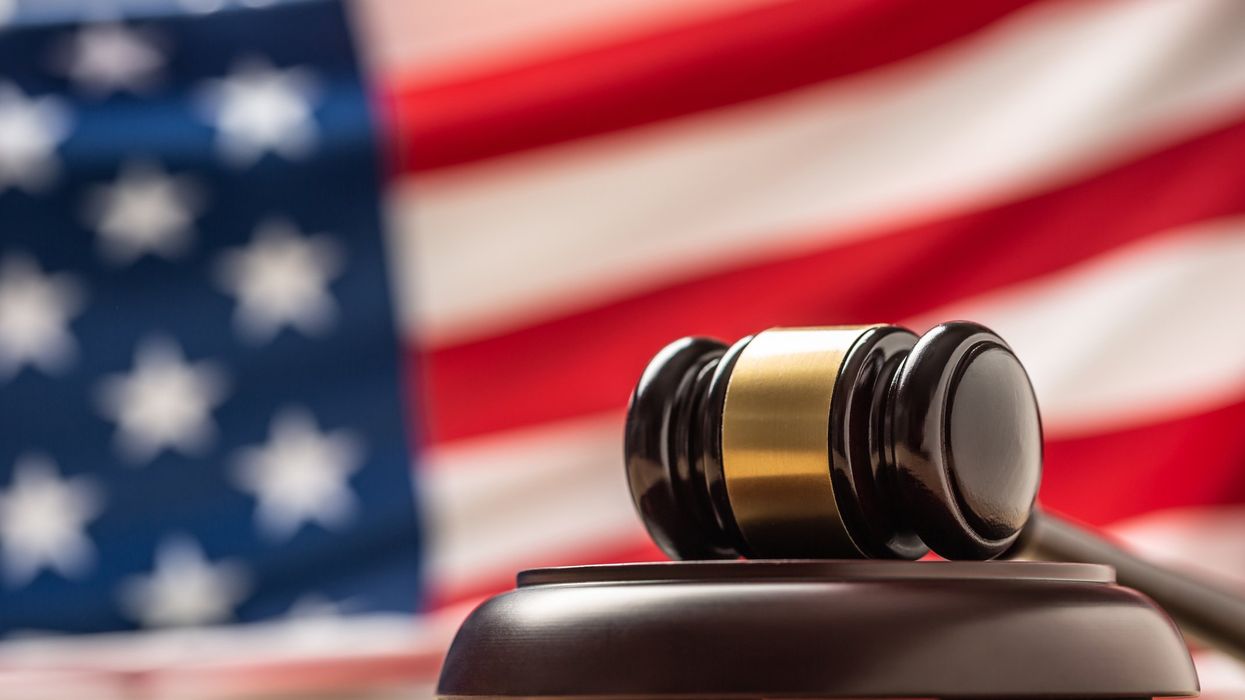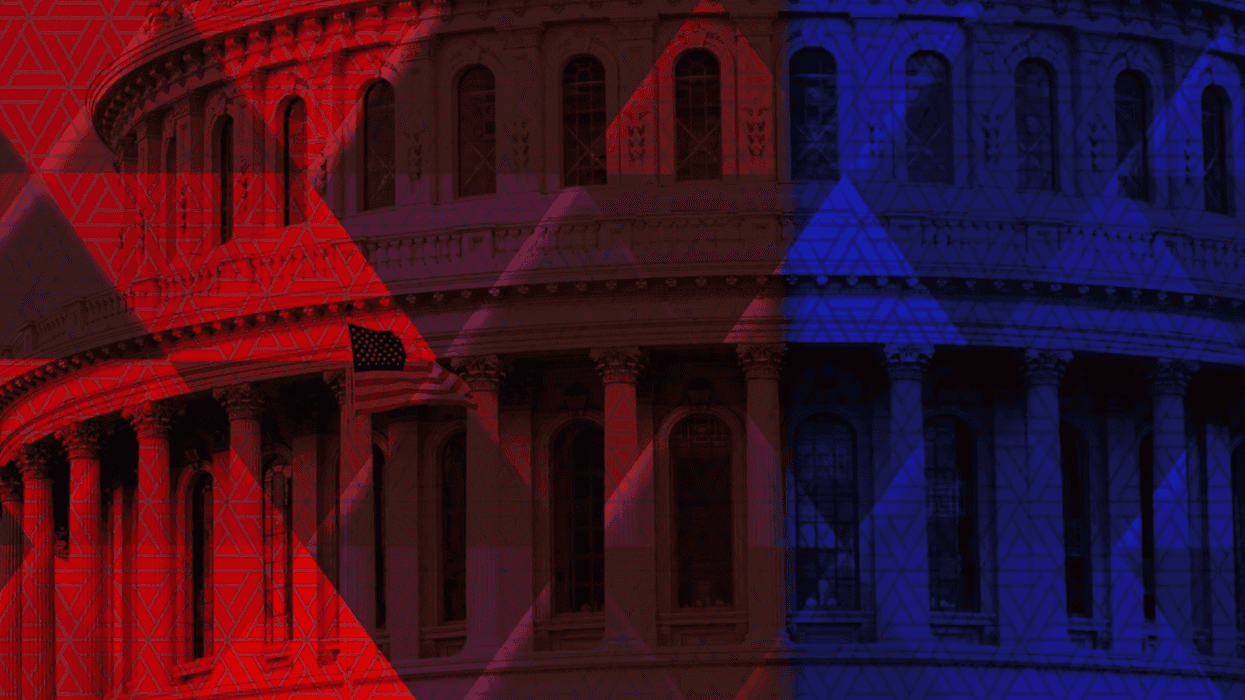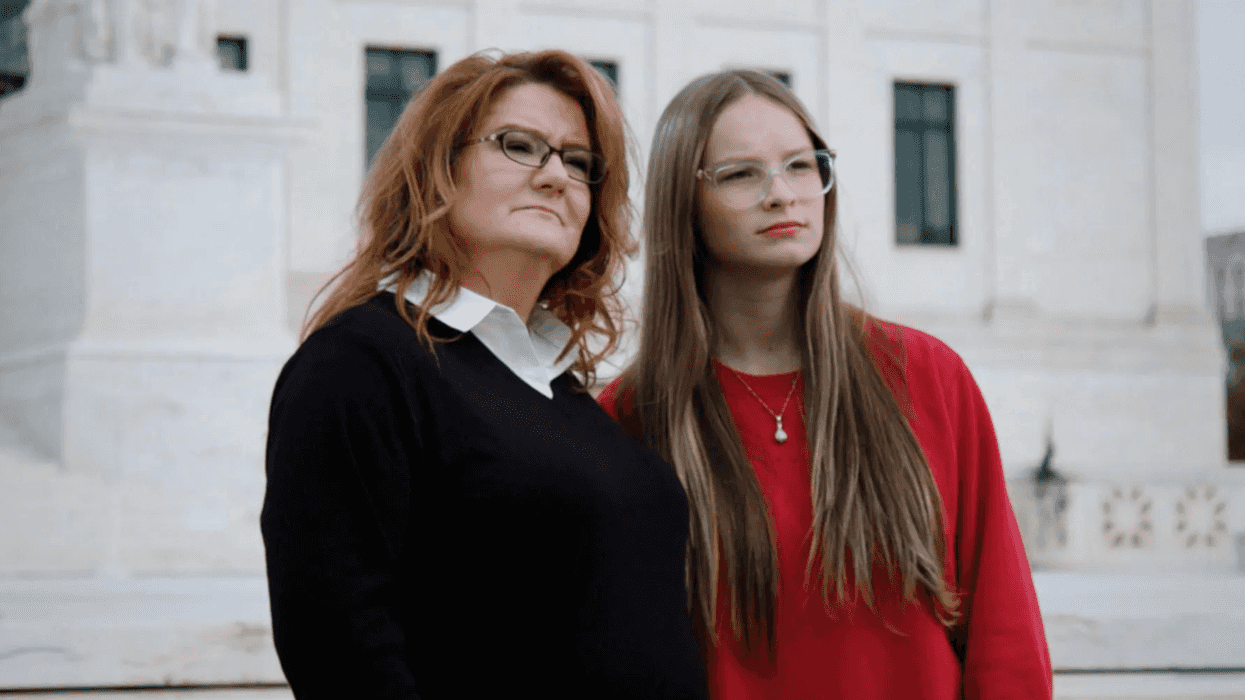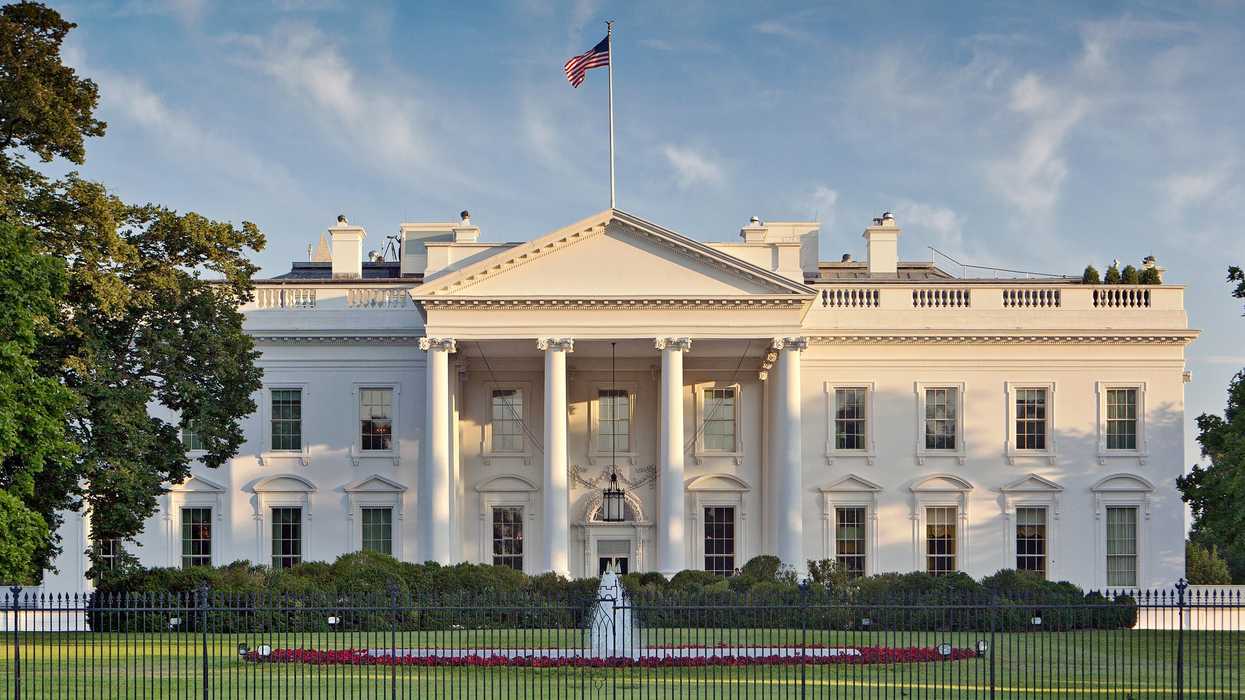Each year on May 1st, the United States marks Law Day—a national observance that many Americans have never heard of, despite its six-decade history. Established in 1958 by President Dwight D. Eisenhower, Law Day is meant to honor the rule of law and reflect on its essential role in safeguarding liberty, promoting justice, and upholding the freedoms we often take for granted.
Each year, Law Day centers on a theme that highlights a fundamental aspect of the American legal and constitutional system. The theme for 2025, "The Constitution’s Promise: Out of Many, One," underscores the ideals of unity, shared responsibility, and the binding promise of our Constitution.
This year, a group of lawyers from across the country is taking that commitment a step further by encouraging fellow attorneys to participate in #ReaffirmTheOath—a nonpartisan grassroots campaign encouraging lawyers in communities large and small to publicly renew their commitment to the Constitution and the rule of law. It’s a powerful act of solidarity and civic leadership at a moment when the legal profession itself is under mounting pressure.
In recent years, we've witnessed an alarming erosion of trust in our democratic institutions—including efforts to discredit judges, intimidate election officials, and politicize the judiciary. Lawyers, law firms, and public servants have found themselves targeted simply for doing their jobs. #ReaffirmTheOath is a response to these attacks, offering a unifying platform for attorneys to stand up for the Constitution, the legal system, and the democratic principles they are sworn to uphold.
Led by volunteer lawyers, Checks and Balances Now is a legal and civic education initiative created by a group of lawyers. “The question I have heard for the past months from lawyer colleagues is ‘What can I do?’” said Cheryl Niro, former President of the Illinois State Bar Association and one of the organizers. “Reaffirming our Oath by making a public recommitment to our sacred duty to step up to defend and protect the Constitution and the Rule of Law is the best answer I could think of. Demonstrating that we are bound by the promise we made when we received our license to practice should help Americans understand it is our job, and we stand together to fulfill our obligation.” With the support of the American Bar Association's (ABA) Task Force for American Democracy and inspired by the Task Force's urgent call to action, Checks and Balances Now was launched to strengthen public understanding of the rule of law and democracy.
The ABA task force leaders include an impressive group of attorneys, encompassing all political perspectives. You can meet the task force at: https://www.americanbar.org/groups/public_interest/election_law/american-democracy/about/
The mission of the ABA Task Force for American Democracy is to:
- Inspire and mobilize America’s duty-bound legal profession to actively support and defend American democracy, the Constitution, and the rule of law.
- Ensure that lawyers are educated and held accountable to their professional obligations to support and defend our democracy, the Constitution, and the rule of law.
- Leverage the legal profession to educate the public on the reasons for, and the importance of, democracy and the rule of law.
Through #ReaffirmOurOath, the legal profession is being asked not just to recite words but to model the integrity and civic responsibility that democracy demands. You can find more information and see how to get involved with #ReaffirmTheOath here: https://www.checksandbalancesnow.org/events.
In turn, it is our hope that millions of Americans across our nation will understand the importance of the rule of law and the institutions that uphold life, liberty, and the pursuit of happiness in our great nation.
The Fulcrum supports this effort to make Law Day 2025 a powerful moment for the legal profession to lead with clarity, integrity, and purpose. In doing so, they help ensure that the rule of law remains not only a legal ideal but a living promise to every American.
David Nevins is co-publisher of The Fulcrum and co-founder and board chairman of the Bridge Alliance Education Fund.
Kristina Becvar is co-publisher of The Fulcrum and executive director of the Bridge Alliance Education Fund.



















